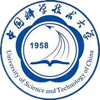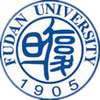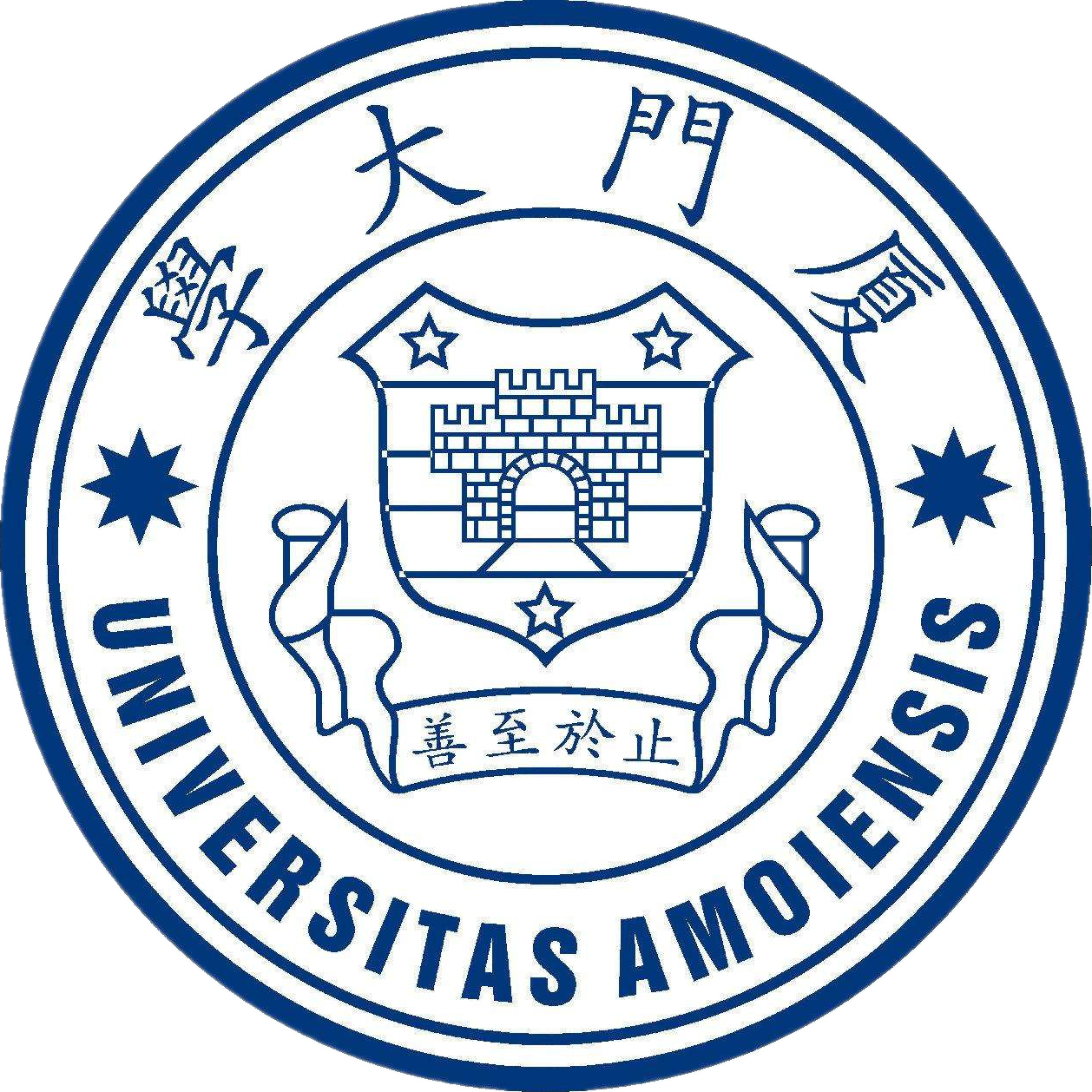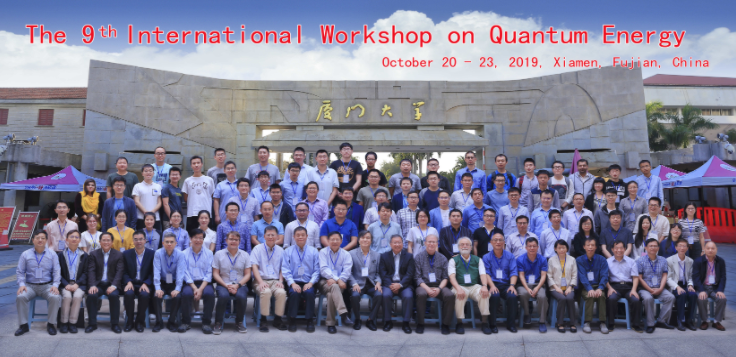- Welcome
- Organizing Committee
- Invited Speakers
- Workshop Program
- Registration
- Accommodation
- Transportation
- Visa Information
- Poster Award
- About Fujian
- Contact Us

University of Science and Technology of China

Fudan University

Xiamen University
Scopes and Objectives of the Workshop
Quantum Energy refers to the design and control of the microscopic states of novel functional materials using quantum mechanics as the working principles, so as to maximize the macroscopic energy outputs for sustainable development of the society.
Following previous traditions, this annual workshop on quantum energy is designed to provide a forum for leading theoreticians and experimentalists working on different aspects of advanced materials for clean energy to share ideas, visions, and latest research excitements. Thrust areas of the workshop include, but not limited to microscopic energy processes, solar cell materials, (photo)catalytic materials, and new enabling methodology developments. Latest breakthroughs in energy conversion, transport, and storage will also be highlighted at the workshop. The overall objectives of the annual events are to facilitate synergetic collaborations between theory and experiment, and to catalyze important conceptual discoveries in fundamental energy science as well as innovations in energy device applications.
Background and Support of the Workshop
The 9th International Workshop on Quantum Energy is preceded by Quantum Energy I-VIII, held in Weihai, Shandong (2011); Yancheng, Jiangsu (2012); Zhengzhou, Henan (2013); Chengdu, Sichuan (2014); Hangzhou, Zhejiang (2015); Xiangtan, Hunan (2016); Haikou, Hainan (2017) and Kunming, Yunnan (2018). The initial motivation of the workshop was to provide a unique platform for the research teams funded by the Key Program on Energy Materials of the National Natural Science Foundation of China (NSFC) to exchange ideas and progresses with their peers and a selected group of domestic and international speakers. With the awarding of the “111” project on Quantum Design of Novel Energy Materials based at the University of Science and Technology of China (USTC), the annual workshop has been significantly expanded to also include participants of the oversea and domestic members of the “111” team since 2014. Coincidentally, a high percentage of the oversea members from the United States were also former members of the Computational Materials Science Network on Predictive Modeling of the Growth and Properties of Energy-Relevant Thin Films and Nanostructures funded by the US Department of Energy (2005-2010).
The annual workshops will be mainly supported by the USTC-based “111” project, supplemented by funds from the International Center for Quantum Design of Functional Materials (ICQD) at USTC; and the Ministry of Education Key Laboratory of Computational Physical Sciences at Fudan University. This year, the workshop will also receive partial support from the College of Physical Science and Technology of Xiamen University.
The “111” program is the nickname for the Program of Introducing Talents of Discipline to Universities, which is jointly organized by the Ministry of Education and the State Administration of Foreign Experts Affairs of China.
